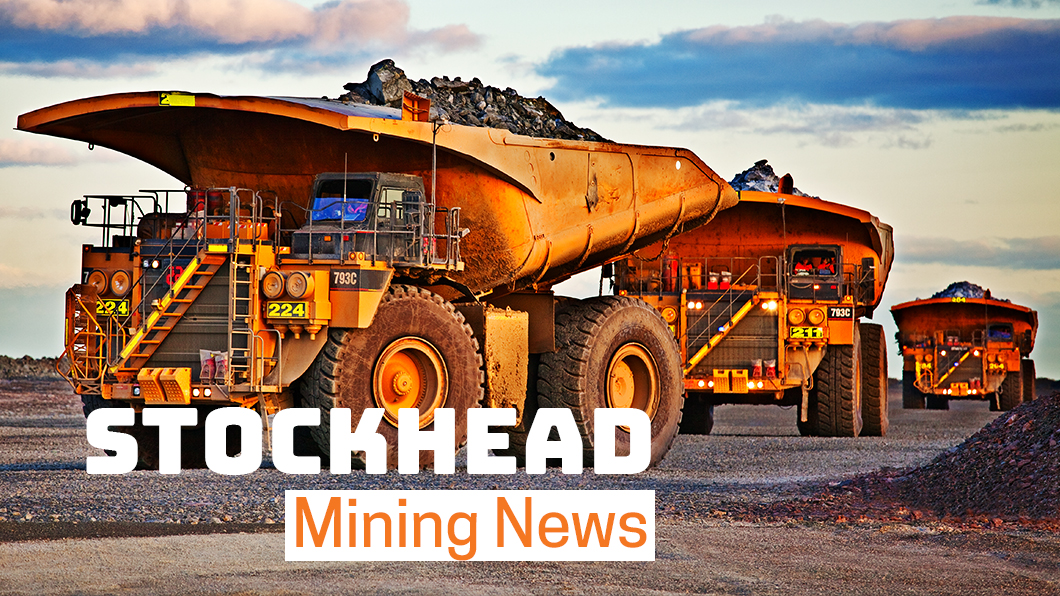Australia is getting a battery metals research centre and WA is on the short-list

Pic: John W Banagan / Stone via Getty Images
Western Australia — which aims to build a “Lithium Valley” — has been short-listed as a potential location for a new battery industry research centre.
The State now has to provide a comprehensive business case for consideration by the Cooperative Research Centre (CRC) Advisory Committee.
As part of the move to establish a “Lithium Valley” in WA, the government and battery metals explorers are pushing to ensure the state becomes the home of the new CRC.
If the bid is successful, Perth will host the “Future Battery Industries” (FBI) CRC headquarters and the State Government will invest $5.5 million.
“It’s great to see that the bid for the FBI CRC has passed the first assessment,” mines minister Bill Johnston said.
“The Commonwealth Government has recently acknowledged the growing importance of the battery and energy materials sector to the Australian economy. This CRC bid has never been more relevant.
“Our State is the ideal place to host the CRC; we have the resources, highly skilled workers and technical expertise, and we’re also the largest producer of lithium in the world.
“I expect to hear back in March 2019 whether or not Western Australia’s bid has been successful.”
- Subscribe to our daily newsletter
- Bookmark this link for small cap news
- Join our small cap Facebook group
- Follow us on Facebook or Twitter
WA has five operating lithium mines, two under construction and one undergoing planning approvals.
The Greenbushes mine in the State’s southwest is the world’s largest and highest-grade source of lithium-bearing spodumene ore, contributing 40 per cent of the world’s current lithium supplies.
WA has also attracted investment from several majors looking to process lithium-bearing minerals into lithium hydroxide and lithium carbonate.
Chinese-backed Tianqi Lithium is spending more than $700 million on building a two-stage lithium processing plant in Kwinana.
US-based chemical company Albermarle and Chile’s SQM are also close to making investment decisions about downstream processing in WA.
Meanwhile, two trail-blazing lithium players — Lithium Australia (ASX:LIT) and Lepidico (ASX:LPD) — are advancing technologies to produce battery-grade lithium from lower grade, higher impurity ore sources.
Lithium Australia plans to be the first Australian company to do everything from mining lithium to making batteries.
Stage 1 of Lithium Australia’s Sileach pilot plant trial produced “outstanding results” as the company aims to convert mine waste into lithium-ion batteries – a world first.
The lithium-rich liquor produced during an initial stage of the trial will be processed into lithium chemicals in the next stage — due to start September 10.
“We anticipate that stage 2 will result in the production of a lithium chemical from waste material sourced near Kalgoorlie,” Lithium Australia managing director Adrian Griffin said in September.
“We will then apply [Lithium Australia subsidiary] VSPC’s proprietary process to that lithium chemical and, ultimately, produce a lithium-ion battery: a world first.”
Lepidico isn’t far behind, using its own technology to successfully produce lithium carbonate from non-conventional sources, including tailings — the materials left over after processing ore to separate valuable material from uneconomic material.
Battery-grade lithium carbonate is used to make lithium-ion batteries.
Lepidico plans to build a $3 million Perth-based pilot plant — or demonstration facility – to show off its technology to potential sales and finance partners ahead of development of its larger phase one processing plant.
The company is targeting commercial production for 2020.
UNLOCK INSIGHTS
Discover the untold stories of emerging ASX stocks.
Daily news and expert analysis, it's free to subscribe.
By proceeding, you confirm you understand that we handle personal information in accordance with our Privacy Policy.








